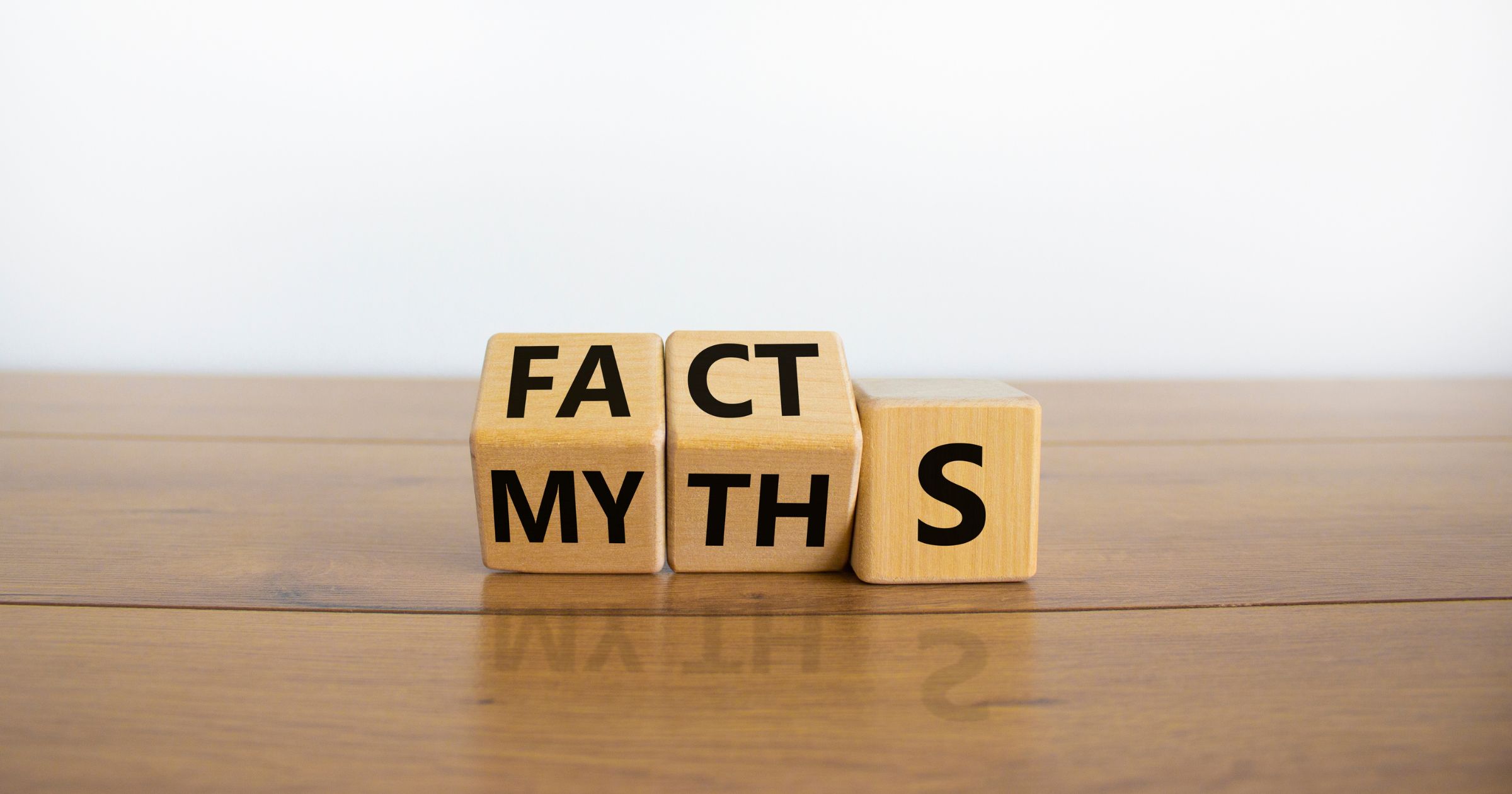
Reducing the Effects of Jet Lag
Tips for before, during and after your trip.
Your smartphone automatically adjusts when you switch time zones. But your body? It's not so easy.
Jet lag symptoms ranging from headaches and nausea to grumpiness and fatigue can take the fun out of travel. Learn what to do before, during and after your trip to reduce jet lag symptoms.
Before Your Trip
Shifting daily rhythms from home to destination decreases the effects of jet lag. Gradually move sleep and wake times earlier (when traveling east) or later (when heading west), starting several days before the trip. You may not get fully acclimated before a long trip, but every bit helps.
On the Flight
Change your watch to the time in your destination upon boarding the plane. This can shift your thinking, so you actually want to eat and sleep on the time in your destination.
Since dehydration exacerbates jet lag symptoms, drink water. Avoid alcohol, which causes dehydration and interrupted sleep. A coffee kick may be a good idea if you're traveling west, since it can delay circadian rhythms and keep you up later, but counterproductive when traveling east.
Get a good night's sleep on the plane—easier said than done, though travel accessories can help. Earplugs or noise-canceling headphones tune out sounds, while sleep masks block light. Travel pillows, while not as good as the real deal, support your neck while you sleep.
During Your Trip
The later you stay up on day one, the faster you'll adjust schedules. Plan a full first day you're excited about, then try to stay up until 10 p.m.
Eat protein-rich foods, which give you the energy needed to explore—rather than sugary foods that cause a crash. Get outside and soak up natural light, which regulates circadian rhythms. If your normal routine includes a morning workout, try to keep the habit while traveling.
If you must nap, keep it brief. Set an alarm clock or request a wake-up call, or both. A too-long nap can leave you lost in time, with unpleasant symptoms to match.
Travelers heading east may need sleep aids to settle into early bedtimes. Melatonin, a natural hormone that regulates circadian rhythm, is one to consider. Take a pill 30 minutes before your desired sleep time; however, don't use melatonin in combination with prescription sleep aids or alcohol. As with any medication, discuss it with your doctor.
Apps such as Timeshifter can prompt you with suggestions to reduce jet lag symptoms. Timeshifter tailors its recommendations based on your sleep patterns, travel itinerary, age and gender. Acupressure app Uplift promises a five-minute fix for jet lag.
After Your Trip
Without the distraction of new sights to see, it's natural that you'd notice jet lag symptoms. Stay hydrated and take breaks when you need them. Morning exercise boosts blood flow for a natural brain jolt that can help you get back into your daily routine.
It takes a good two to three days to reacclimate, so be patient with yourself if you experience jet lag post-travel.
Written by Lindsey Danis, Contributing Writer for Groups Today.
This article originally appeared in the Nov/Dec issue of Groups Today.



